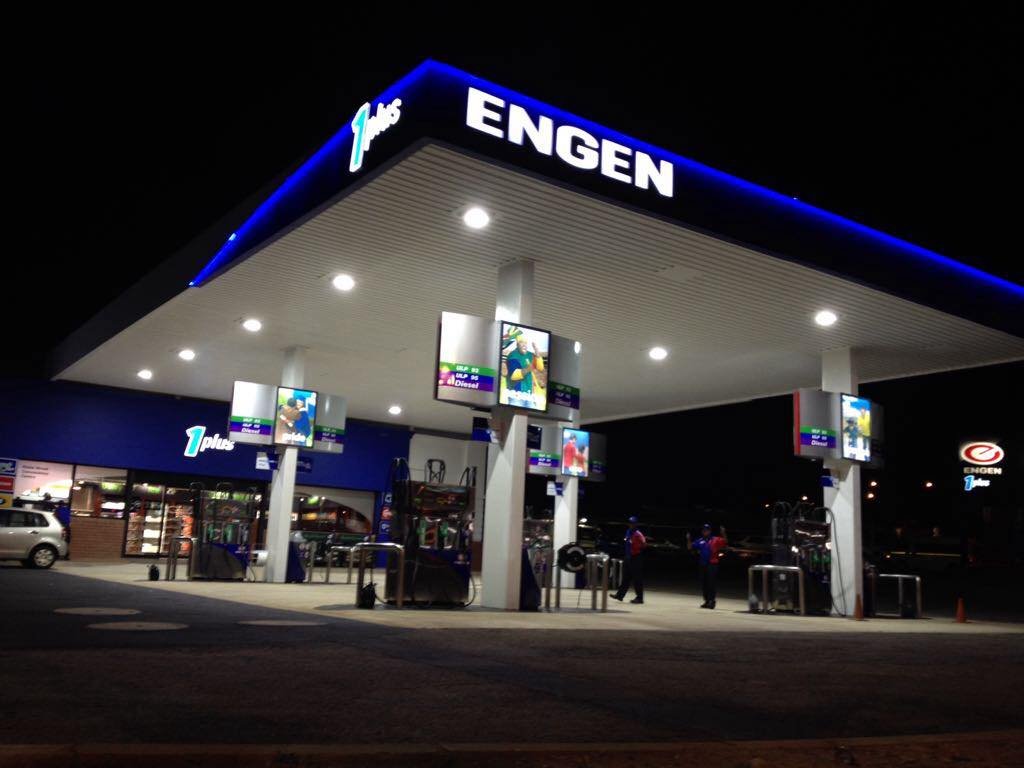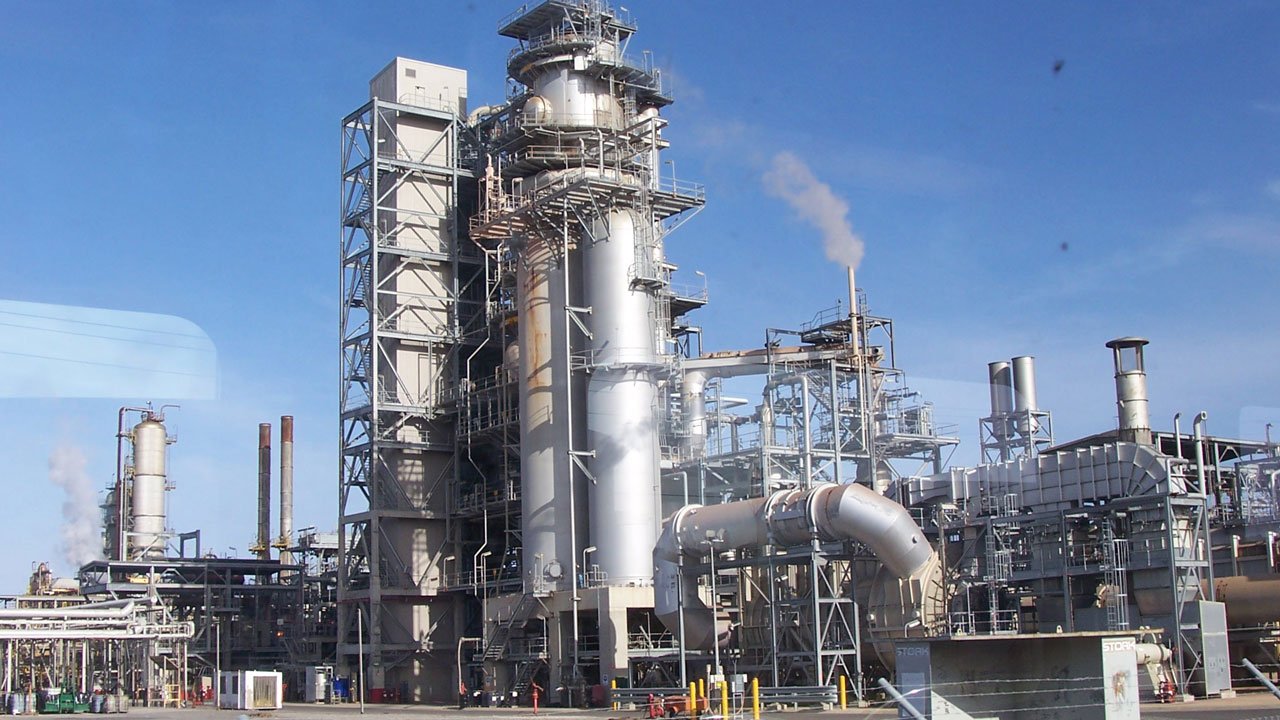

Electronic banking transactions hit N263.78tr in Q2,says NBS
The National Bureau of Statistics (NBS) announced recently that the banking sector recorded a total of 2,160,436,659 transactions amounting to N263.73 trillion in electronic payments in the second quarter of 2020.
In a report titled “Selected Banking Sector Q2 2020,” the Bureau said online transfers accounted for the bulk of transactions in the period under review.
It added that the sector recorded 1,317, 621,686 volume of online transfer transactions, amounting to N72.25trillion in the second quarter of this year.
The NBS said banks also allocated N18.82 trillion credit to the private sector in the period under review.
According to the report, while the oil and gas sector received N3.62 trillion, the manufacturing got N3.0.7 trillion to emerge the sectors with the highest credit allocation at the quarter under review.
The report reads: “A total volume of 2,160,436,659 transactions valued at N263.78trn were recorded in Q2 2020 as data on Electronic Payment Channels in the Nigeria Banking Sector revealed.
“Online Transfer transactions dominated the volume of transactions recorded. 1,317,621,686 volume of Online Transfer transactions valued at N72.25trn were recorded in Q2 2020.
“In terms of credit to private sector, the total value of credit allocated by the bank stood at N18.82trn as at Q2 2020. Oil & Gas and Manufacturing sectors got credit allocation of N3.62trn and N3.07trn to record the highest credit allocation as at the period under review.
“As at Q2 2020, the total number of banks staff decreased by -2.55 per cent QoQ from 96,975 in Q1 2020 to 94,498.
“A total volume of 2,160,436,659 transactions valued at N263.78trn were recorded in Q2 2020 as data on Electronic Payment Channels in the Nigeria Banking Sector revealed.
“Online Transfer transactions dominated the volume of transactions recorded 1,317,621,686 volume of Online Transfer transactions valued at N72.25trn were recorded in Q2 2020.
“In terms of credit to private sector, the total value of credit allocated by the bank stood at N18.82trn as at Q2 2020. Oil & Gas and Manufacturing sectors got credit allocation of N3.62trn and N3.07trn to record the highest credit allocation as at the period under review.
“As at Q2 2020, the total number of banks’ staff declined by -2.55 per cent QoQ from 96,975 in Q1 2020 to 94,498.
Meanwhile, following the relaxation of the lockdown measures across the country, the Central Bank of Nigeria (CBN) has assured Nigerians of better GDP figures this quarter just as it foresees a leap above the current N29.7 trillion in the banking system deposits due to its recent reduction of savings rates.
Its spokesman, Isaac Okorafor, stated this while showcasing the bank’s performance on the economy over the period.
On the directive to commercial banks not to pay more than 1.25 per cent on interest on savings deposit accounts, he said: “Based on very limited information and cross-country exposure, the NESG refers to the CBN’s recent directive, which simply sets a floor on saving rates as “price fixing”. Given that in an ideal economic textbook/theory, saving should be equal to investment, we expected total deposits should closely mirror total loans.
Yet, over the past several months, we have noticed an increasingly large gap between total deposits in the banking system and total credit to the economy. While total deposits stood at about N25 trillion in January 2020, total loans stood at N17 trillion. As of August 2020, while total deposits have increased to N29.7 trillion, total loans were only N19 trillion.
On the salutary effects of the apex bank’s interventions, Okorafor said: “The impact of COVID-19 on countries across the world resulted in a significant downturn in the global economy. Consequently, countries including Nigeria were forced to impose lockdown measures in order to contain the spread of the pandemic. This action resulted in depressed economic activity in the first half of the year.
The Central Bank of Nigeria like other central banks across the world had to embark on extraordinary measures in order to stabilise the economy from an extraordinary shock. We took steps to increase the flow of credit to critical sectors of the economy, in order to enable faster recovery of the economy…”


















